Health function of Lactitol
2023-07-04
1) Low calorie
Research shows that after human ingestion of Lactitol, Lactitol can not be detected in blood, only about 0.5% of the intake is recovered in urine, and the amount in feces can be ignored. Short-chain fatty acid and microorganisms in feces increase, so Lactitol is fermented and utilized by microorganisms in large intestine, and its released heat is 8.36kJ/g, about half of sucrose, which belongs to low calorie sweetener. In this way, Lactitol can be used alone or mixed with other sweeteners to prepare low calorie food instead of sucrose to meet the needs of obese patients.
2) Preventing dental caries
Clinical experiments have shown that the reason for the formation of dental caries caused by carbohydrates is that microorganisms in the oral cavity use the ingested sugars to ferment and produce acids, which can damage the enamel of teeth, leading to dental caries. Oral microorganisms use Lactitol very slowly, which will not cause the formation of dental plaque. On the contrary, Lactitol has a protective effect on teeth. Lactitol is an anti caries sweetener recommended by the British Dental Association and health education institutions, and approved for use by the British Science Council.
3) Edible sweeteners for patients with diabetes
Lack of Lactitol decomposing β Half of the lactosidase can not be detected in human blood after taking Lactitol alone, so Lactitol cannot be digested and absorbed by the stomach and intestines. The management of blood sugar is one of the main objectives of the management of diabetes patients. The intake of Lactitol does not affect the blood sugar value, nor will it cause the rise of insulin. It meets the needs of special diet for diabetes patients. diabetes patients with insulin dependence (type I) and non insulin dependence (type II) can take this product.
4) Effect of Lactitol on Sucrose Absorption
It has been proved that Lactitol inhibits the absorption of sucrose. After Lactitol and sucrose are mixed in a 1:1 ratio, the glucose content in the blood is half of that after the same amount of sucrose is ingested, and the glycogen formed in the liver is one-fifth of the latter. Mice who eat cholesterol every day can reduce serum cholesterol by 50% after adding Lactitol to their diet.
5) Proliferating beneficial gut microbiota
Many studies have shown that Lactitol can significantly promote the growth of beneficial bacteria in the intestinal tract without being used by harmful bacteria, and can be classified as prebiotics. In the pure culture medium with Lactitol as the carbon source, Bifidobacterium lactis Bi-07, Bifidobacterium infantis, Lactobacillus acidophilus, Lacticaseibacillus paracasei Lpc37 and Lactobacillus Rhamnose HN001 can make good use of Lactitol for fermentation and proliferation, and have no promoting effect on potential pathogenic microorganisms such as Escherichia coli and Salmonella.
The human body took 10g Lactitol every day, and after 7 days, the fecal pH was significantly reduced (P=0.02), the concentrations of propionic acid and butyric acid were significantly increased (P=0.001), and the bifidobacteria were significantly increased (P=0.017), with almost no symptoms of gastrointestinal discomfort.
6) Comfortable laxatives
Lactitol is almost not absorbed by the small intestine, so it reaches the large intestine and is fermented by microorganisms in the intestine to produce Short-chain fatty acid (lactic acid, acetic acid, propionic acid, butyric acid, etc.), reducing intestinal acidity and stimulating intestinal peristalsis; The transit speed of the colon is positively correlated with the dose of Lactitol, because Lactitol increases the retention of water in the lumen and peristalsis of the intestine, resulting in an increase in the volume of excreta and an increase in the rate of excretion

 call us : +8613866722531
call us : +8613866722531 send a message : pweiping@techemi.com
send a message : pweiping@techemi.com call us : +8613866722531
call us : +8613866722531 send a message : pweiping@techemi.com
send a message : pweiping@techemi.com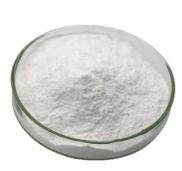
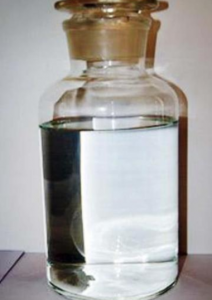
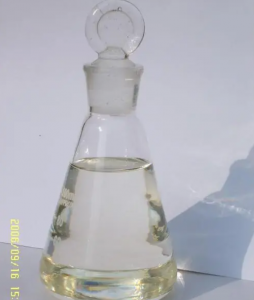
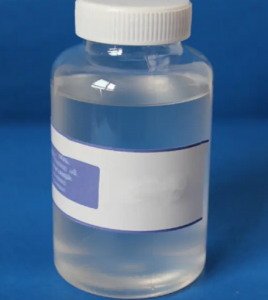

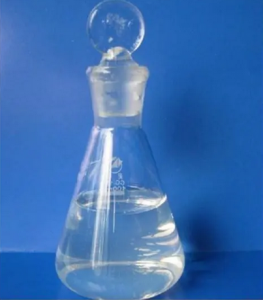

 online service
online service +8613866722531
+8613866722531 pweiping@techemi.com
pweiping@techemi.com pweiping
pweiping +8613866722531
+8613866722531